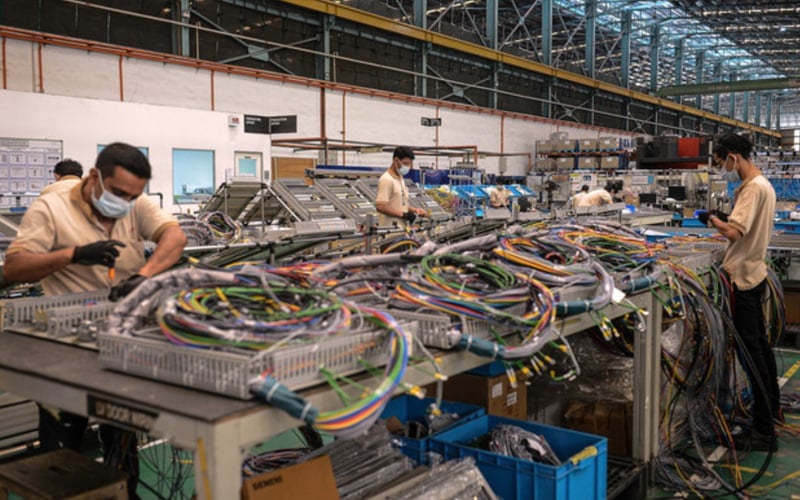
PETALING JAYA: Malaysia must move towards becoming “designers” instead of just “suppliers” of equipment, following the launch of the nation’s new industrial master plan, says the head of a small-business group.
William Ng, chairman of the Small and Medium Enterprises Association (Samenta), said manufacturers must shift from a “Made in Malaysia” mentality to an “Innovated in Malaysia” approach.
“SMEs should no longer constrain themselves to be original equipment manufacturers (OEMs), but must move up the value chain to be original design manufacturers and original brand manufacturers,” he said in a statement.
He said such a transition would mean moving towards partnering with global players to provide design and R&D capability and to eventually develop Malaysian best-in-class brands.
“For this to happen, we will need to deepen our partnership with our neighbours such as Indonesia, Thailand and Vietnam, where most of our more labour-intensive work can be offshored,” he said.
He added that brand and design ownership would provide stronger margins and higher value, as compared to being labour-intensive, low value components and assembly suppliers.
Ng also highlighted the need to delve deeper into free trade agreements such as the Trans-Pacific Partnership and the Asia-Pacific regional economic partnership to plug into the global value chain.
He also said there needs to be a migration from a “grant-based approach” of intervention, which tends to benefit a smaller group of firms, to a “subsidised-financing approach” to drive a change in behaviour and expectation.
Ng’s statement came in the wake of Prime Minister Anwar Ibrahim launching the “mission-based” industrial master plan which outlines the government’s objectives to transform Malaysia into a high-tech industrialised nation by 2030.
The four missions set out are, encouraging industries to innovate and produce more sophisticated products; embracing technology and digital transformation; pushing for net-zero and safeguarding economic security; and inclusivity.
The Malay Chamber of Commerce Malaysia said it hoped to see more details and quantitative targets in the NIMP 2030, so that it does not become just aspirational. The chamber urged the government to implement radical resets in multiple sectors, including agriculture, services, and manufacturing.
On domestic linkages, DPMM expressed concern over the “big disconnect” between the big players and SMEs, especially Bumiputera SMEs.
“The government should make it mandatory for big exporters, both local and foreign, to source at least 50% to 60% of their raw materials and components from local SMEs. The NIMP is silent on this,” it said in a statement. - FMT



No comments:
Post a Comment
Note: Only a member of this blog may post a comment.